Important Steps To Take If Your Builder Delays Possession
Property possession refers to the act of taking physical control and occupancy of a property by its owner or authorized occupant.

Property possession refers to the act of taking physical control and occupancy of a property by its owner or authorized occupant.
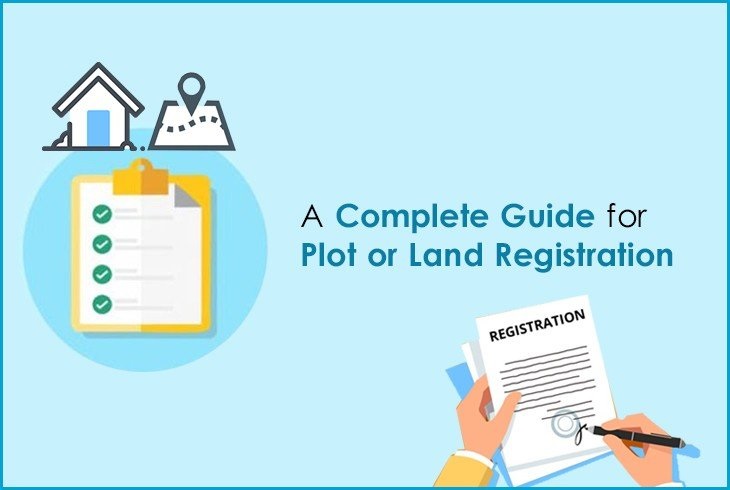
In India, the process of registration can vary depending on what you’re registering. Here’s a general overview:
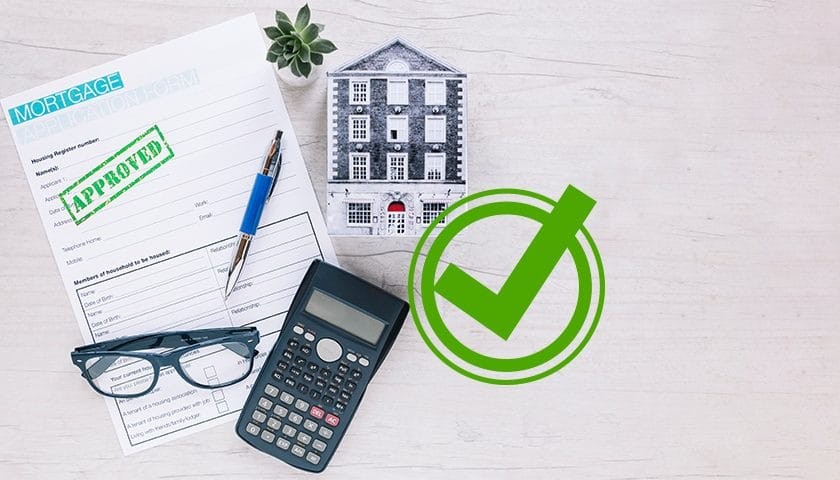
Property document verification is the process of examining and scrutinizing legal documents associated with a property to ensure their authenticity, accuracy, and legality.
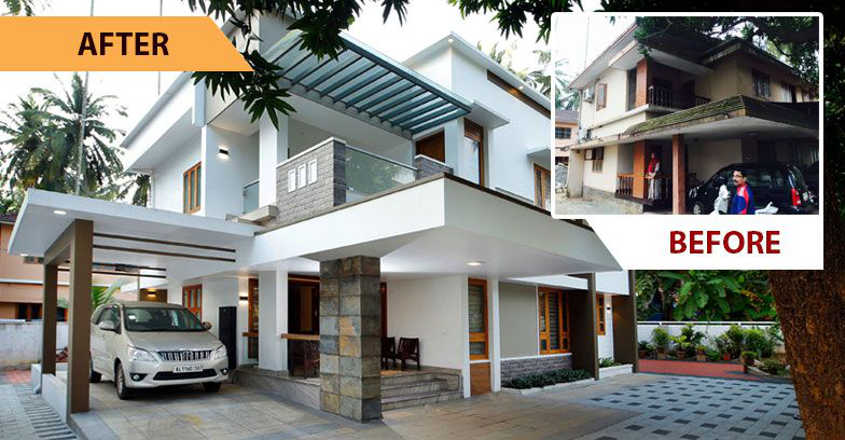
Home renovation refers to the process of making improvements or modifications to a residential property.

When purchasing a flat, there are several crucial points to keep in mind to ensure a smooth transaction and a satisfying living experience.
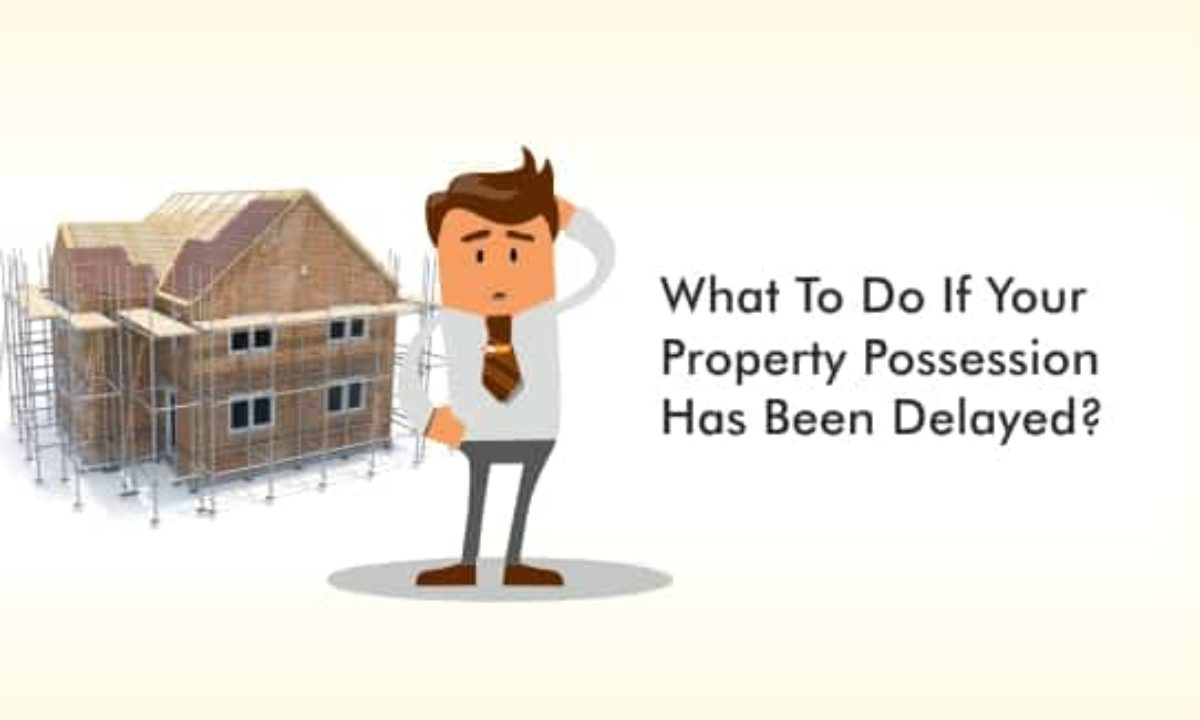
Property possession refers to the legal right to occupy and use a property. When you possess a property, you have physical control over it and the right to enjoy its benefits, such as living in a house or using a commercial space for business purposes.

Property owners can face a variety of challenges depending on factors such as location, market conditions, property type, and individual circumstances.
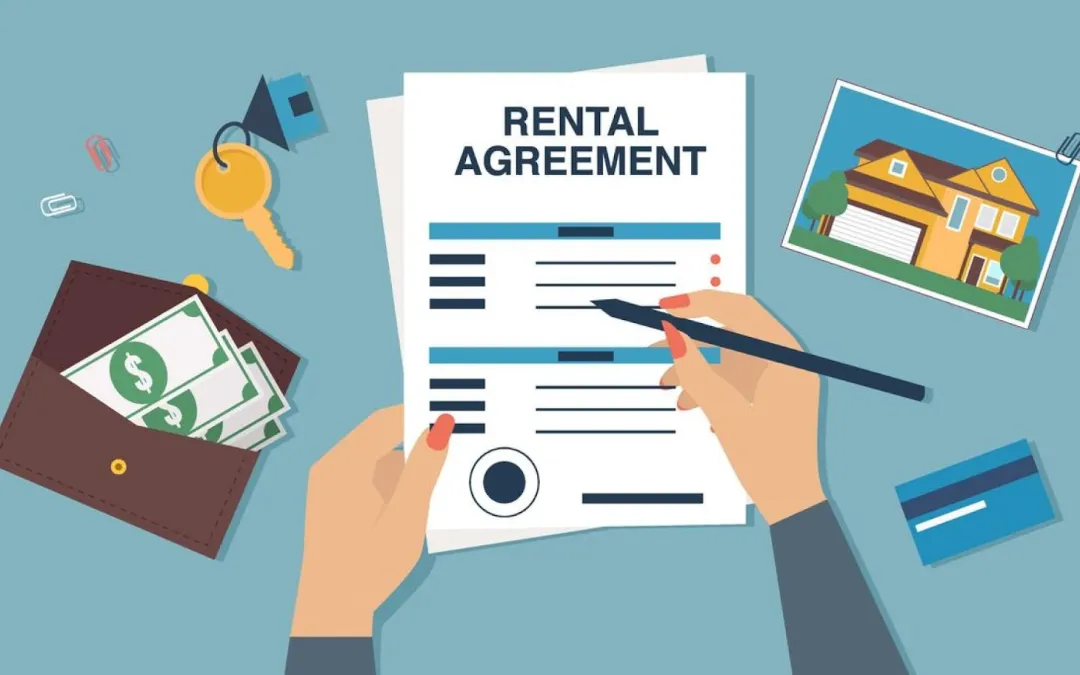
Online rent agreements, also known as digital or electronic rent agreements, have become increasingly popular due to their convenience and efficiency.

Property registration is the process of legally recording ownership rights to a piece of real estate with the appropriate government authority. It involves the transfer of property title from one party to another, typically through a sale, inheritance, gift, or other means.
Here are the general steps involved in property registration:
Documentation: Both the seller (transferor) and the buyer (transferee) need to gather all necessary documents related to the property, including the sale deed, previous deeds, encumbrance certificate, property tax receipts, identity proofs, and other relevant paperwork.
Stamp Duty Payment: Stamp duty is a tax levied by state governments on property transactions. The buyer must pay stamp duty based on the property’s value. The stamp duty is usually calculated as a percentage of the property’s sale price. The stamp duty payment is made on a non-judicial stamp paper.
Registration Fee Payment: A registration fee is charged for registering the property with the government. This fee varies from one state to another.
Visit to Sub-Registrar’s Office: Both parties must visit the sub-registrar’s office, along with two witnesses, for the registration process. The sub-registrar verifies the documents and ensures that all legal requirements are met.
Execution of Sale Deed: The sale deed, also known as the conveyance deed, is executed by the seller and buyer in the presence of witnesses. This document contains details of the property, sale consideration, and terms and conditions of the sale.
Verification and Signatures: The sub-registrar verifies the identity of the parties and witnesses and checks the documents for any discrepancies. Once satisfied, all parties sign the sale deed.
Registration: The sale deed is then registered with the sub-registrar. The registration process involves entering details of the transaction into the government’s records, along with the payment of stamp duty and registration fees.
Issuance of Registration Document: After registration, the sub-registrar issues a registration certificate and a certified copy of the sale deed to the buyer. The original sale deed is retained by the sub-registrar for official records.
Mutation of Property: After registration, the buyer should apply for mutation of the property in their name with the local municipal authorities. Mutation is the process of updating the land revenue records to reflect the new ownership.
Property registration is crucial as it provides legal recognition of ownership rights and helps prevent disputes over property ownership in the future. It also ensures that the government can levy property taxes and maintain accurate land records.

“Possession” refers to the legal right to control and use a physical property. Possession doesn’t necessarily mean ownership,